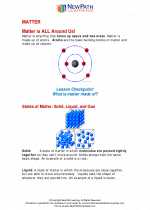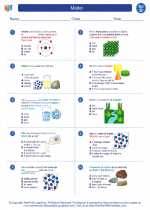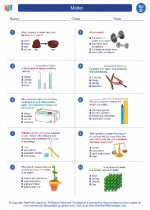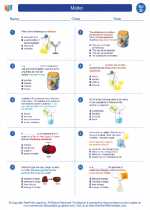Vascular Tissue
Vascular tissue is a complex network of specialized cells that are responsible for the transport of fluids and nutrients throughout a plant. There are two main types of vascular tissue: xylem and phloem.
Xylem
Xylem is responsible for transporting water and minerals from the roots to the rest of the plant. It is made up of several types of cells, including tracheids and vessel elements, which are arranged in a way that allows for efficient movement of fluids. Xylem also provides structural support to the plant.
Phloem
Phloem is responsible for transporting sugars, amino acids, and other organic compounds produced through photosynthesis from the leaves to other parts of the plant. It is made up of sieve tube elements and companion cells, which work together to facilitate the movement of nutrients.
Functions of Vascular Tissue
Vascular tissue plays a crucial role in the growth, development, and survival of plants. It facilitates the transport of water, minerals, and nutrients, as well as providing structural support to the plant.
Study Guide
- What are the two main types of vascular tissue?
- Describe the function of xylem.
- What is the role of phloem in a plant?
- Explain the importance of vascular tissue in the growth and development of plants.
[Vascular Tissue] Related Worksheets and Study Guides:
.◂Science Worksheets and Study Guides Fourth Grade. Matter

 Worksheet/Answer key
Worksheet/Answer key
 Worksheet/Answer key
Worksheet/Answer key
 Worksheet/Answer key
Worksheet/Answer key
 Worksheet/Answer key
Worksheet/Answer key
 Vocabulary/Answer key
Vocabulary/Answer key
 Vocabulary/Answer key
Vocabulary/Answer key
